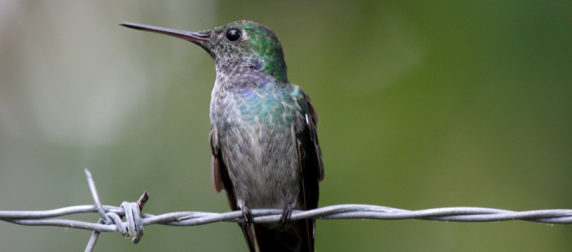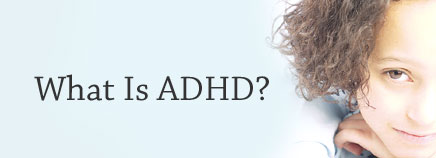ADHD?
To all the mothers out there who are curious if your child is simply way to energetic or maybe if there is something more… Here are some things to look out for.
Attention deficit hyperactivity disorder (ADHD) is a condition that makes it hard for a child to control his activity level and reactions to what’s going on around him. A child with ADHD also has trouble keeping his attention on what he wants to do. The condition emerges in early childhood and often lasts through adolescence and adulthood.
Most experts say it’s difficult, if not impossible, to diagnose ADHD in children under 4. That’s partly because symptoms like restlessness are hard to distinguish from very common energetic toddler and preschooler behavior, and partly because kids this age are still rapidly developing and changing. Still, ADHD symptoms do show up early, so some parents may start to notice them when their children are quite young.
What are the symptoms?
They can vary depending on the child. Experts have identified three main types of ADHD:inattentive ADHD (previously called ADD), hyperactive-impulsive ADHD, and combined ADHD, which means a child has both inattentive and hyperactive symptoms.
When diagnosing ADHD, a doctor assesses whether a child has often behaved in some of the following ways, in more than one setting, for a period of longer than six months. The behavior also has to be negatively affecting the child’s life – at home, at school, and in social situations:
Signs of inattention:
- Daydreams, has a hard time paying attention
- Has trouble listening to what’s being said to her
- Is easily distracted from tasks and play
- Doesn’t follow through on obeying instructions
- Is disorganized
- Loses important things
- Forgets things
- Doesn’t want to do things that require ongoing mental effort
- Has trouble understanding information quickly and accurately
Signs of hyperactivity:
- Often fidgets or squirms, seems to be in constant motion
- Talks too much
- Has trouble playing quietly
- Often runs about or climbs in situations where it’s inappropriate
Signs of impulsivity:
- Blurts out inappropriate comments or answers before the entire question has been asked
- Can’t wait for things
- Has trouble taking turns or standing in line
- Acts without thinking
- Can’t control emotions
- Interrupts others
If you’re the parent of a preschooler, these sorts of behaviors probably sound familiar – almost all kids get overexcited or spacey once in a while. But if you think your preschooler is that way a lot – more so than other kids her age – and you’re worried it might be causing her problems, talk to her doctor or give me a call.
Isn’t there controversy about ADHD?
Yes, in part because experts haven’t established just what causes it, and also because it’s so hard to diagnose since ADHD symptoms overlap so much with typical childhood behavior.
Medication for kids with ADHD is a topic of debate, too. Doctors, other experts, and parents all tend to have strong opinions about whether it’s okay to use drugs to treat ADHD in children, especially before age 4. (The AAP’s diagnostic guidelines for ADHD are specified for ages 4 to 18.)
For many children, Ritalin and other stimulant drugs for treating ADHD can have side effects such as anxiety, irritability, stomachaches, headaches, decreased appetite, and trouble sleeping. High blood pressure, delayed growth, and slow weight gain are other possible effects.
I believe that therapy could help the child learn to manage these behaviors by teaching boundaries, by setting limits using play therapy language, giving encouragement, tracking, building self esteem, and teaching them how to identify and express their emotions.



Comments are closed.